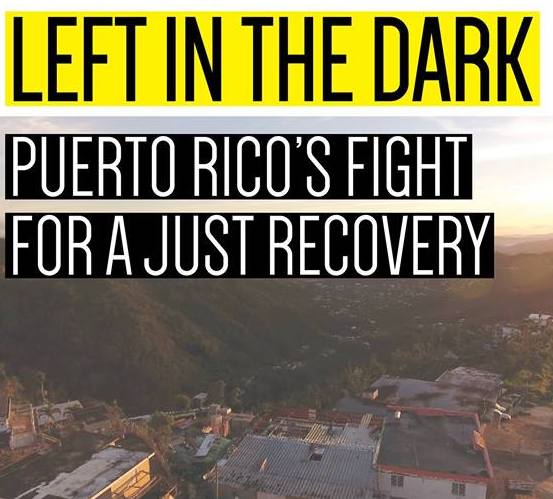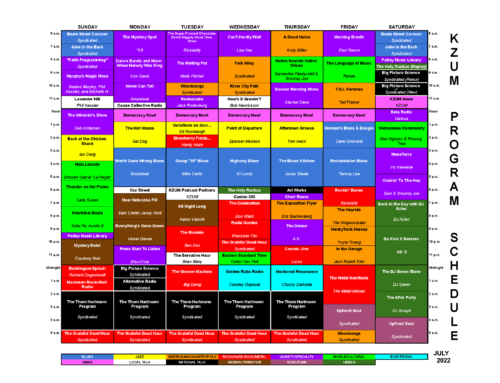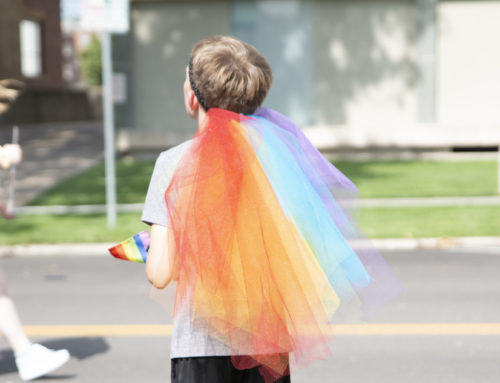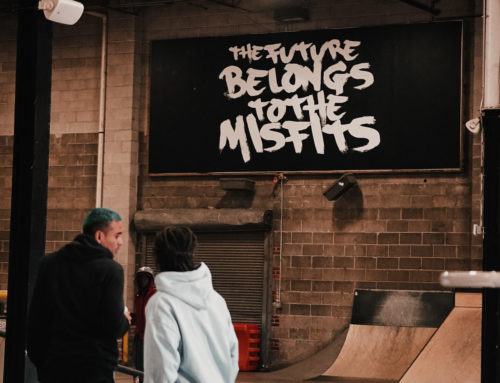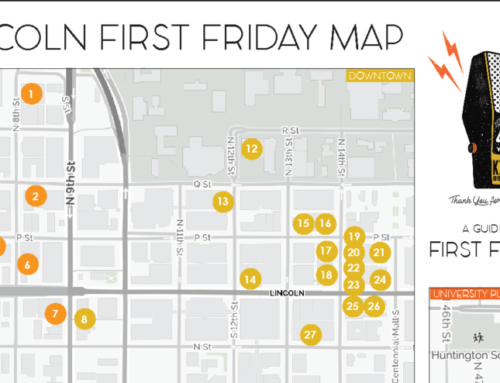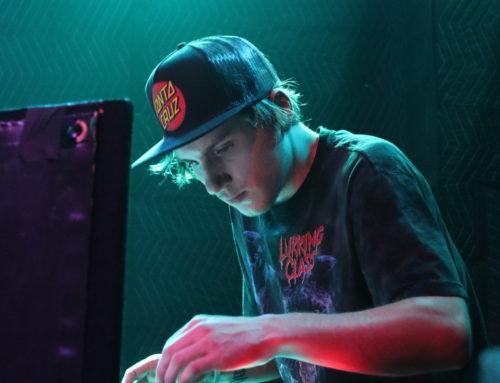By Will Roper
July 31, 2018
Global Eyewitness, a University of Nebraska-Lincoln photojournalism program, traveled to Puerto Rico in the winter of 2017 to document the humanitarian crisis in the aftermath of Hurricane Maria. The storm hit the small U.S. territory on Sept. 20, leaving a devastating wake of destruction in its path that continued for nearly a year due to lack of electricity and aid.
On Aug. 3, students from the Global Eyewitness program will present their individual photojournalism projects from Puerto Rico at Parrish Studios from 6 to 9 p.m. Titled, “Left in the Dark,” the documentary features the chosen stories of students in the group focusing on Puerto Rican life in the aftermath of Hurricane Maria, with all projects being put together into one viewing.
UNL senior Gabriella Parsons was the managing editor for the winter project. A journalism student graduating in August, Parsons does freelance commercial work through photography and videography and interns with the Platte Basin Timelapse Project.
Parsons said the Global Eyewitness group had a couple months of preparation before traveling to Puerto Rico – roughly two months after the devastating hurricanes. She said the group would meet twice a week to discuss interesting news and potential story ideas, and also contact different sources for information and interviews. Still, Parsons said that they could only do so much planning and research, and she said the stories revealed themselves much more when they arrived in Puerto Rico in December.
“As a journalist, I’ve found it’s important to be very intuitive and listen to what people on the ground are telling me about their community and struggle, and what they want people to know about Puerto Rico,” Parsons said.
Parsons centered her project on the colonial relationship between Puerto Rico and the United States long before Hurricane Maria. While many have questioned and criticized the U.S. response to the destruction in Puerto Rico, Parsons said the nature of the pair’s relationship has been unjust much longer. Through her preliminary and on-the-ground research, she said she learned far more about Puerto Rico’s history then she ever did through history books.
“We’re told from a young age that the United States saved Puerto Rico, and that’s simply not true at all,” Parsons said.
As they spent time touring the islands and talking with people in the context of being three months removed from Hurricane Maria, Parsons said she and the group saw many still struggling to reclaim clean water and maintain a positive standard of living. However, she said there was a clear dignity in their struggle despite what many in the U.S. may perceive from the media.
“They want the world to know that they’re not just victims of this catastrophe, or they’re not just subjects of colonialism,” Parsons said. “It’s so much more complex than that. These are people’s lives, and unfortunately the media hasn’t done a great job at representing the real catastrophe and humanitarian crisis that is happening in Puerto Rico.”
Ultimately, Parsons said she and the Global Eyewitness program wanted to show people that the struggles of Puerto Ricans were still there, and they had been there well before Hurricane Maria. The projects conducted by these students highlight different issues the islands have faced now, in the past and possibly into the future in the context of a natural disaster that has crippled the infrastructure and quality of life for so many people.
“There is still so much change that needs to happen,” Parsons said. “There’s been hardly any response from the U.S. government and members of Congress to address this issue.”
As a journalist, Parsons said she’s learned how to truly listen to someone when they’re telling their story, and having an empathetic conversation with someone facing dire issues. She said she learned that journalism is about giving back to those who offered their stories and time, and not just for a good piece in a newspaper or magazine.
“There’s no words really to express the kind of growth I’ve experienced as a person, as a journalist, as a storyteller,” Parsons said. “My convictions for this work have grown every single moment that I’ve worked on this project, and I feel confident now, as I’m about to premiere this project, that the work is going to speak for itself. The stories speak for themselves. I’m confident now that I’m capable of doing this work and doing it well, in a just and humane way.”
If you can’t make the Aug. 3 showing, Parsons said all the projects will be featured on a website that will go live after the premiere.
Find out more about the project on the First Friday event’s Facebook page.
Will Roper is an editorial intern with KZUM.

